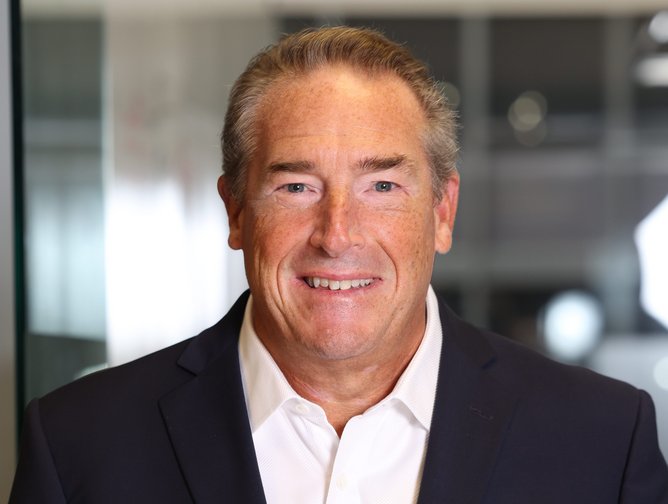Dean Leavitt
With its bespoke approach, Boost Payment Solutions is helping large enterprises bridge the gap between accounts receivable (AR) and accounts payable (AP).

Should the mental health of a Judicial Candidate be a concern for a District Court Judge!
Veterans in Politics International held a judicial endorsement interview for Clark County District Court Judge Department 9. The candidates who participated were Judge Maria Gall and James Dean Leavitt. The panel members were James Jonas, Stephanie L. Phillips, and Vem Miller.
Panel member Stephanie L. Phillips explains to the candidates how they research the candidates before interviews and find information sometimes worthy of questioning. Phillips asks Mr. Leavitt about a report she saw online regarding an alleged attempted suicide back in 2018 and whether or not it was true. Mr. Leavitt responded it was “shocking” that someone would even ask him about a personal matter of mental health. Leavitt says he was not under the influence of alcohol or drugs when the gun ‘accidentally was discharged’. Mr. Leavitt went on to say he was very depressed and in a state of despair at the time after having lost four family members to suicide. Leavitt explained how he caused a lot of pain to a lot of people during that time in his life, but he’s “back” now and he’s better. Leavitt seemed extremely agitated with the question and claims somehow this personal medical information of mental health falls under the Health Insurance Probability and Accountability Act (HIPAA); however, HIPAA applies to Doctors not revealing medical information about their patients.
The Health Insurance Portability and Accountability Act of 1996 (HIPAA or the Kennedy–Kassebaum Act[1][2]) is a United States Act of Congress enacted by the 104th United States Congress and signed into law by President Bill Clinton on August 21, 1996.[3] It modernized the flow of healthcare information, stipulates how personally identifiable information maintained by the healthcare and healthcare insurance industries should be protected from fraud and theft, and addressed some limitations on healthcare insurance coverage.[4] It generally prohibits healthcare providers and healthcare businesses, called covered entities, from disclosing protected information to anyone other than a patient and the patient’s authorized representatives without their consent. With limited exceptions, it does not restrict patients from receiving information about themselves.[5] It does not prohibit patients from voluntarily sharing their health information however they choose, nor does it require confidentiality where a patient discloses medical information to family members, friends, or other individuals not a part of a covered entity.
The act consists of five titles. Title I of HIPAA protects health insurance coverage for workers and their families when they change or lose their jobs.[6] Title II of HIPAA, known as the Administrative Simplification (AS) provisions, requires the establishment of national standards for electronic health care transactions and national identifiers for providers, health insurance plans, and employers.[7] Title III sets guidelines for pre-tax medical spending accounts, Title IV sets guidelines for group health plans, and Title V governs company-owned life insurance policies.
James Dean Leavitt, Danny Tarkanian and Christina Gruber Veterans In Politics 10 07 17
James Dean Leavitt, Danny Tarkanian and Christina Gruber
Britany Nicole Trosclair
Mantis Toboggan aka Bianca Valentino
James Jonas
Steve Sanson
Looking ahead to CPI Global Summit 2022 in New York
An interview with Dean M. Leavitt, CEO, Boost Payment Solutions, CPI Global Summit 2022 in New York. For more information, please visit:
https://www.commercialpaymentsinternational.com/global-summit?RefID=cpiglobalyoutubepn &utm_source=email &utm_medium=youtube &utm_campaign=cpiglobal &utm_content=cpiglobalyoutubepn
B2B Payments leader Boost Payment Solutions CEO Dean M. Leavitt
So, what’s really broken in B2B payments? That’s the question that a group of commercial payments experts were asked last month in New York as part of the PYMNTS.com summit on “what’s next” in B2B payments. PYMNTS sat down with Dean Leavitt, CEO of Boost Payment Solutions, moments after this panel discussion to get his perspective on what he and he fellow panelists discussed.